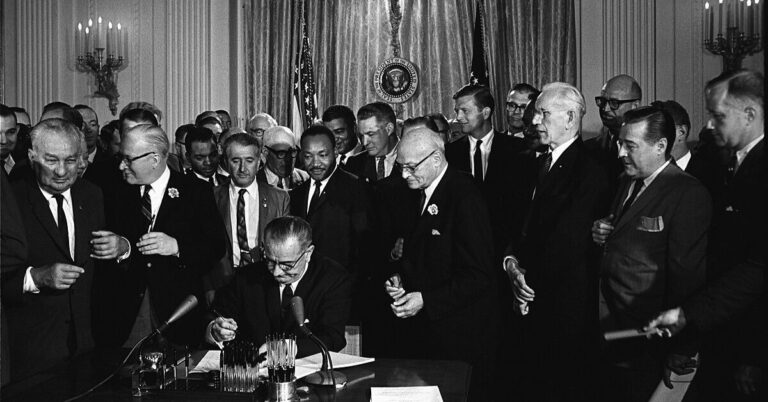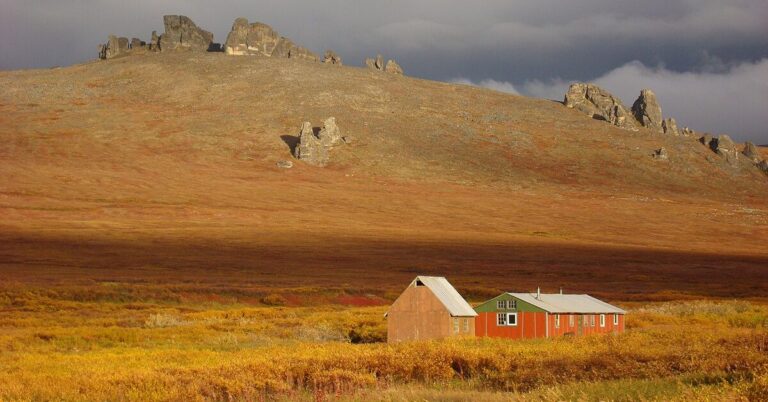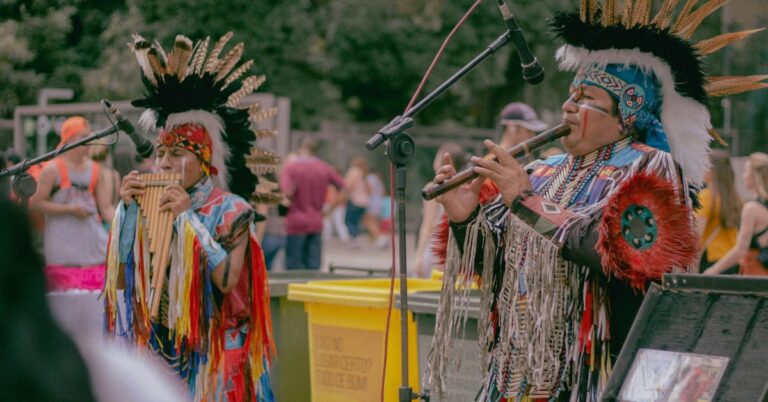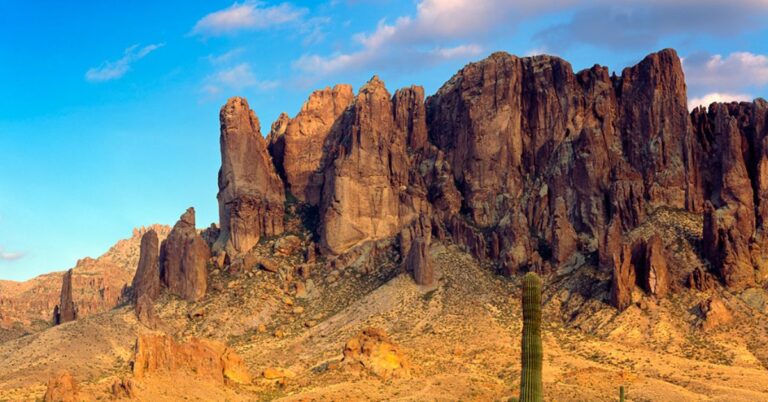National Parks Trivia to Amaze You
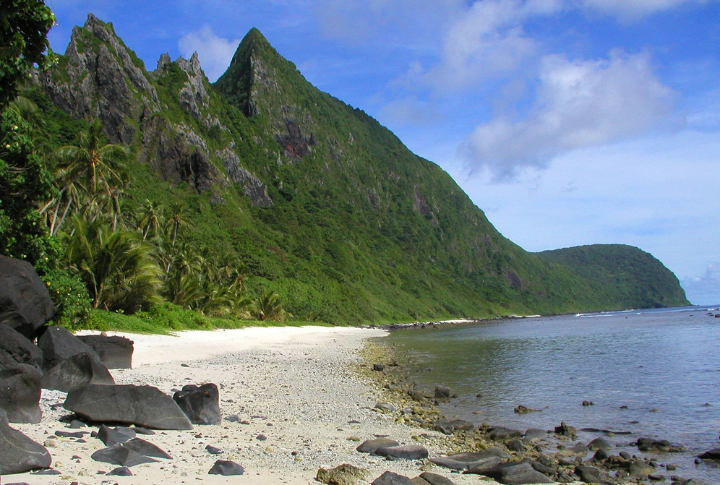
America’s national parks are some of the most stunning on the planet. However, beyond the iconic vistas and wildlife, America’s national parks have hidden stories and details that make them even more intriguing. Here are five little-known facts about national parks that will surprise the most dedicated outdoor enthusiasts.
Yellowstone Was the World’s First National Park

While many people know that Yellowstone is home to incredible geothermal features, what they might not realize is that it holds another groundbreaking distinction: It was the first national park ever established in the world. Signed into law by Ulysses S. Grant in 1872, Yellowstone National Park set a global precedent for the conservation movement.
The Most Visited National Park

The Great Smoky Mountains National Park holds the title of the most visited park in the US. In fact, it sees more than 12 million visitors each year, a staggering number compared to other parks. What makes this park so popular? It’s accessible as it is located on the border between North Carolina and Tennessee.
The Grand Canyon Is Evolving

Over time, the Colorado River continues to carve deeper into the canyon, but it’s not just erosion at play. There are also tectonic forces at work. The region is experiencing a slow rise due to seismic shifts, which is causing the canyon floor to deepen. This makes the Grand Canyon a dynamic and constantly changing scenery.
Death Valley With the Hottest Temperature

Most people are unaware that the Death Valley desert is home to the hottest air temperature ever recorded in North America. On July 10, 1913, the temperature in Furnace Creek, California, reached a blistering 134°F (56.7°C), which remains the hottest temperature recorded on Earth in modern history.
There Are “Hidden” National Parks Underwater

America’s national parks aren’t just confined to land; some of the most remarkable parks in the US lie beneath the water’s surface. One such park is the National Park of American Samoa. It was designated as a national park in 1988, and it’s one of the few US national parks that protect the coral reef ecosystem.


